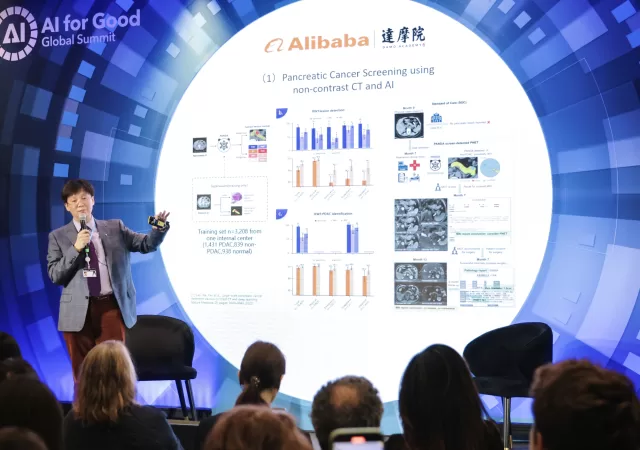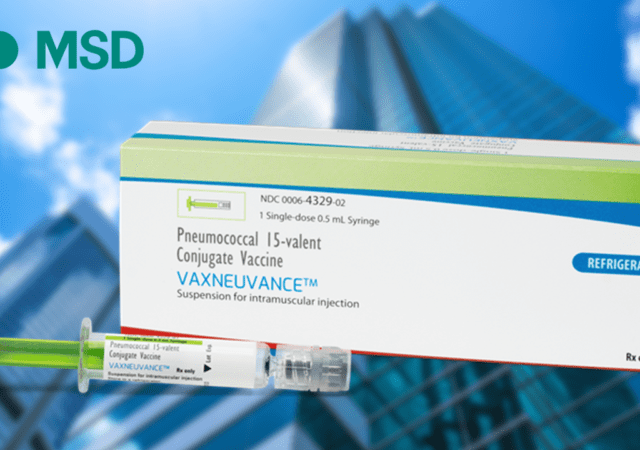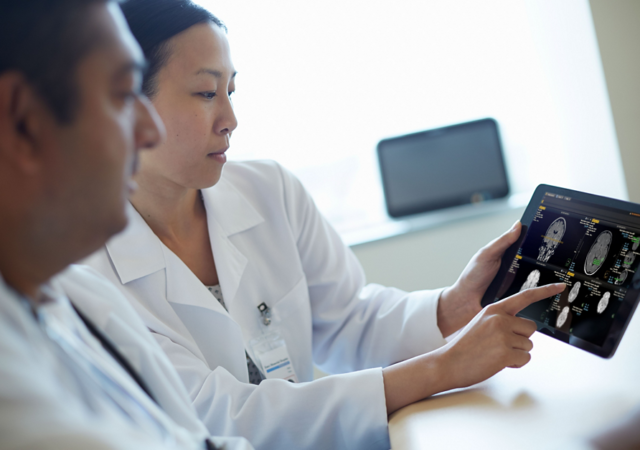DAMO Academy and the World Health Organisation (WHO) collaborate to advance the application of AI in healthcare across the Western Pacific region.
New Weapon in the Fight Against Pneumonia: Vaxneuvance™ Expands Protection in Malaysia
A new vaccine called Vaxneuvance™, developed by MSD, has arrived in Malaysia. This next-generation vaccine offers broader protection against this serious illness compared to previous options. How does it work? Vaxneuvance™ is a 15-valent conjugate vaccine. This means it contains…
Bringing Intelligence to Medical Devices and Machines
Medical technologies are evolving to include many of the technological innovations that we’ve seen in everyday tech. How is AI affecting technology?





